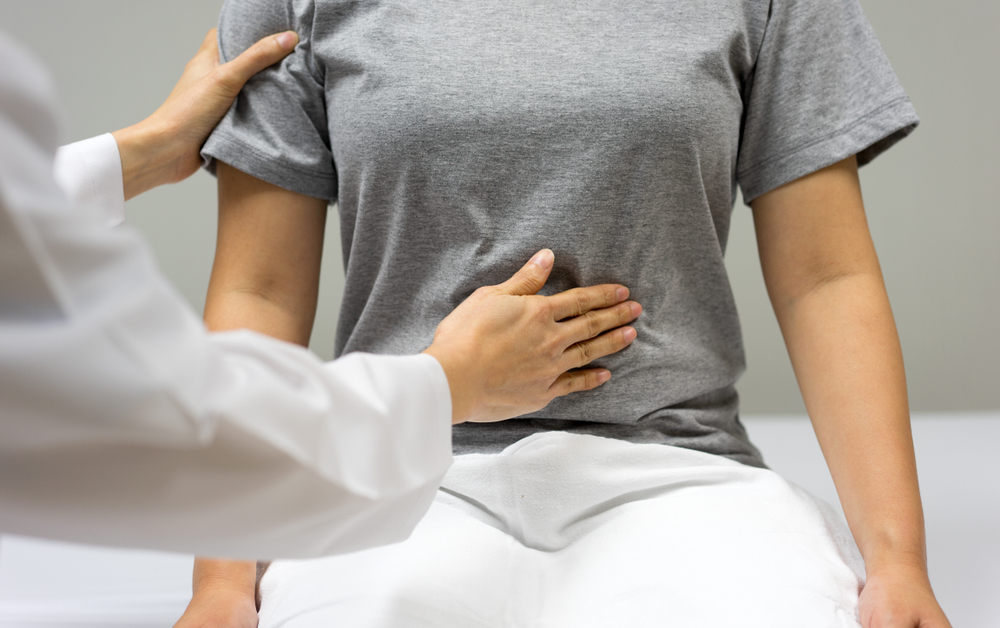IBS-D is a type of irritable bowel syndrome (IBS), which causes increased diarrhea. It is characterized by other IBS symptoms and abdominal pain, as well as frequent bowel movements. Your stool may be loose, but this is not always the case. You might also have a strong desire to use the restroom.
The cause of this condition is yet unknown. However, experts perceive it to have resulted from irregular gastrointestinal tract movements and a malfunction in the communication between the GI tract and the brain.
Certain foods may trigger IBS-D. Some of these include fried foods, fatty meat or dairy products, and foods containing high levels of sorbitol or fructose.


